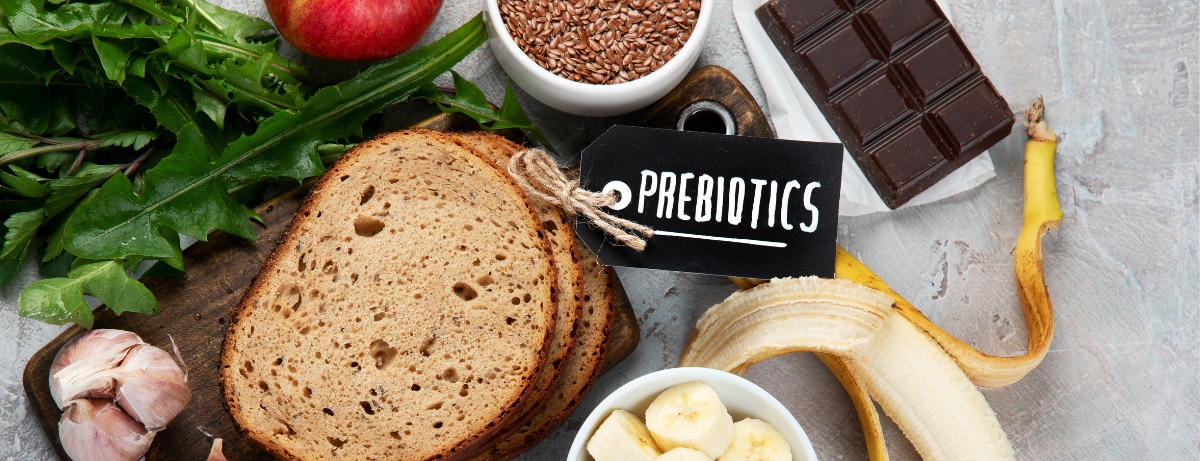10% off £30 OR 15% off £40
Can vitamin B6 help to reduce anxiety and depression?

New research from the University of Reading could bring “comfort food” to a whole new level.
Their recent study has shown vitamin B6 to reduce feelings of anxiety and depression.¹
We’ve seen previous news that foods like Marmite could help ease our worries.² Now, B6 specifically seems to be the magic ingredient.
Could upping your intake really keep low mood at bay? We’ve shared the findings…
We'll discuss...
- What is vitamin B6?
- The science behind it
- Good sources of vitamin B6
- Could this actually help?
- Can you overdose on vitamin B6?
- The final say
Also called pyridoxine, vitamin B6 is one of the eight essential B vitamins.
It’s responsible for healthy nervous and psychological function, since it helps make neurotransmitters (such as serotonin and dopamine, our “happy hormones”).³
Vitamin B6 is also important for:
- Normal immune function
- The body’s adrenal function. Your adrenal glands produce adrenaline, so they’re responsible for your “fight-or-flight” response. Different parts of these glands also control your body’s sex hormones and salt and sugar balance.⁴
- Easing symptoms of PMS
- Producing haemoglobin for red blood cells
- Regulating hormones
- Turning food into energy
- Helping to reduce tiredness
Our bodies can’t store B6 for very long, since it’s water-soluble. So, it’s important to replenish your levels every day in your diet.
So, we already knew that vitamin B6 could help regulate our hormone and adrenaline levels. What’s new about the research from Reading?
The study, published on 19 July 2022, asked 478 young adults with and without self-reported anxiety and depression to take a B6 supplement, B12 supplement, or a placebo for 30 days.
It found that vitamin B6 helps to produce a particular chemical messenger called GABA (gamma-aminobutyric acid) that limits impulses in the brain.¹
The University calls these impulses “runaway activity” - so you might feel them when you’re particularly anxious, or when your brain isn’t regulating your mood quite as it should be.
Shutting off these impulses can help produce a calming effect, as shown in the study: the participants taking B6 reported lower anxiety levels and indicated trends towards reduced depression after 30 days of taking their supplements.
According to a graph published by the University, anxiety levels dropped by 13% in those taking B6 every day, compared to 4.8% in the placebo group.¹
On the other hand, vitamin B12 showed trends towards a reduction in anxiety, and no discernible signs of improving depression.
Vitamin B6 is a water-soluble vitamin, which means it reaches your system quickly.
But, it’s just as easily excreted (when you sweat, for example).
As a result, you should include vitamin B6 as part of your everyday balanced diet.
You’ll find B6 in:
- Lean meat and seafood (particularly tuna)
- Chickpeas (and foods containing them, like hummus and falafel)
- Bananas
- Potatoes
- Soya beans
- Wheatgerm
- Lentils, bran, and brown rice
- Milk
- Some fortified cereals
- And even Marmite (though this is higher in B12 and folic acid).⁵
Adults only need 1.2 - 1.4mg of vitamin B6 per day, and most people get their daily recommendation from their diet alone.⁶
B6 deficiency may be more common in older people and those with less varied diets. Signs can include anemia and numbness in the hands and feet.⁶
The University of Reading’s research displayed a clear link between high B6 levels and an increase in the neurotransmitters which regulate feelings of anxiety and depression.
But, before you rush for the tinned tuna in your cupboard, it’s worth noting that the study’s participants took 100mg of vitamin B6 per day: about 83 times the recommended daily amount (RDA).
It’s usually a good idea to get your primary source of vitamins through your diet, but in this case it might be a job for supplements!
Chickpeas are the highest food source of B6, with 1 cup holding 65% of your daily RDA.⁷
But you’d have to chow down on roughly 100 cups of chickpeas per day to replicate the effects of the Reading study…
Can you overdose on vitamin B6?
The NHS says that taking 200mg or more of vitamin B6 per day could lead to a loss of feeling in the arms and legs known as peripheral neuropathy. (That’s the same side effect as B6 deficiency, so be careful).⁶
This will usually subside once you’ve lowered your intake, but in extreme or prolonged cases the damage can be permanent.
There’s not yet enough evidence to concretely show the effects of an extremely high vitamin B6 intake.
Please speak to your doctor before consuming more than 10mg of vitamin B6 in your supplements or diet.
While a varied and vitamin-rich diet can help enhance your wellbeing, there are times when you may need additional ways to stay mentally well.
Talk to your GP if you’ve been feeling continually anxious or down for more than 2 weeks.
The University of Reading’s new findings are really exciting! The study is a fascinating insight into yet another way that diet can influence our wellbeing.
But - love it or hate it - we certainly wouldn’t recommend a vat of Marmite as your next meal.
The advice in this article is for information only and should not replace medical care. Please check with your GP or healthcare professional before trying any supplements, treatments or remedies. Food supplements must not be used as a substitute for a varied and balanced diet and a healthy lifestyle.
Before taking any supplements or minerals, it’s best to make sure you’re getting all the nutrients through your diet first.
Food supplements must not be used as a substitute for a varied and balanced diet and a healthy lifestyle.
Last updated: 27th July 2022
1. https://onlinelibrary.wiley.com/doi/10.1002/hup.2852
2. https://www.york.ac.uk/research/impact/marmite/
3. https://pubmed.ncbi.nlm.nih.gov/16763894/
4. https://www.adrenal.com/adrenal-gland/function
5. https://www.unileverfoodsolutions.co.uk/product/marmite-yeast-extract-6x250g-1-EN-690881.html
6. https://www.nhs.uk/conditions/vitamins-and-minerals/vitamin-b/
7. https://ods.od.nih.gov/factsheets/VitaminB6-HealthProfessional/













